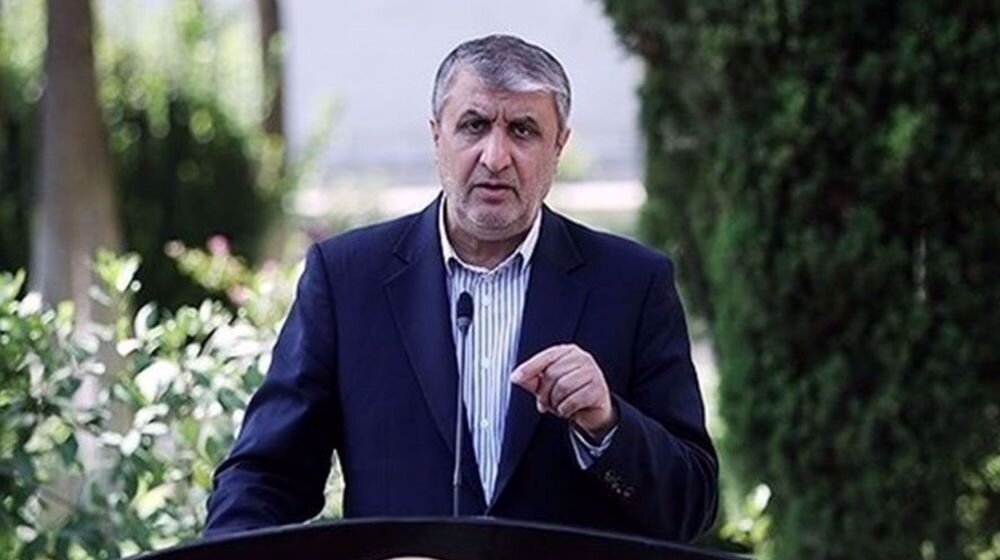INSUBCONTINENT EXCLUSIVE:
are nearing weapons-grade levels, asserting that, "Iran is enriching uranium close to military levels and is rapidly moving towards becoming
a nuclear state," and further declaring that "The JCPOA is no longer relevant and a new understanding is needed to take into account the
realities of Iran's nuclear program."These remarks prompted a swift response from Tehran
Mohammad Eslami, head of the Atomic Energy Organization of Iran (AEOI), called upon the IAEA to maintain its impartiality, emphasizing the
need to consider the non-compliance of other parties to the 2015 nuclear deal (JCPOA) before pointing the finger of blame at Iran.Eslami
It is not acceptable for an international institution to address just one aspect of the issue, in a provocative manner at that, and refuse
stating, "This resolution is of two parts, which address the acceptance of [certain] restrictions on the part of Iran towards building up
trust in exchange for the elimination of the [illegal] sanctions [that have been imposed on the country] and implementation of the other
back on some of its JCPOA commitments until 2020, almost two years after Washington withdrew from the deal and reimposed sanctions against
Director General of a specialized organization is expected to speak based on facts and technical reports from the Agency's inspectors
Reading intentions based on hypothetical scenarios is not part of the Director General's duties and is contrary to the letter and spirit of
Regarding the level of enrichment, it should also be noted that enrichment is not restricted under the Non-Proliferation Treaty as long as
situation, which was the failure of the other parties to fulfill their obligations under the JCPOA and the unilateral withdrawal of the
whether the JCPOA is relevant or not, it should be noted that constructive and fair talks based on mutual respect and balanced commitments,

